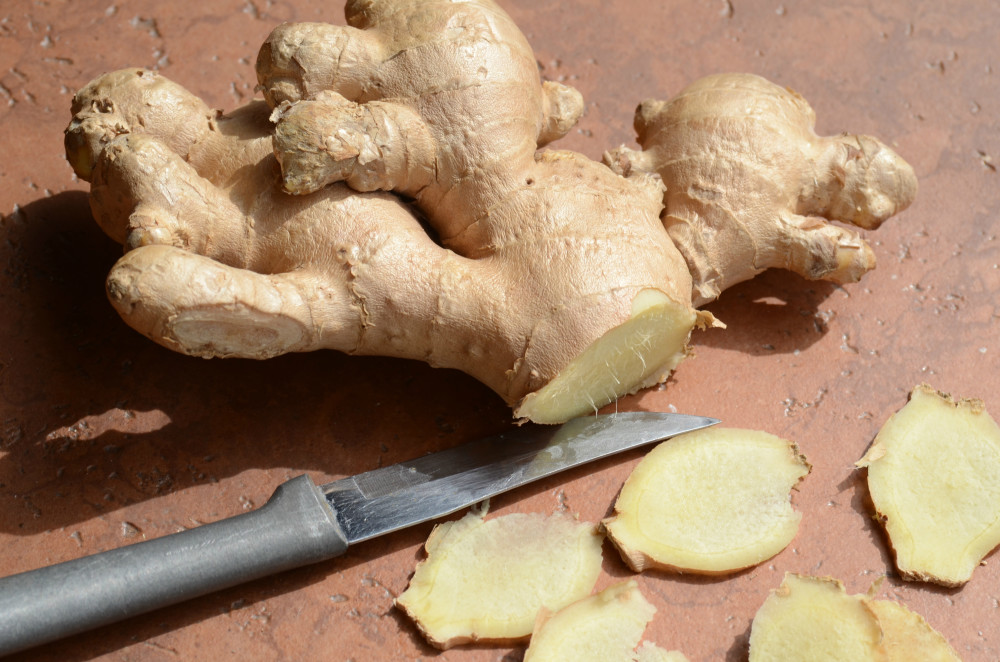Braids and weaves, for example, may raise the risk of Central Centrifugal Cicatricial Alopecia (CCCA), an irreversible kind of baldness that begins in the center of the scalp and spreads out toward the hairline.
Chronic traction (pushing) on the hair follicle causes traction alopecia (baldness), which is most typically seen in African-American women with tight braiding or cornrow hair styles. It usually appears along the hairline. If a man wears a hairpiece on top of his natural hair for an extended period of time, he may face permanent hair loss.
“Any style that generates too much strain and pull on the hair….can possibly lead to scarring hair loss,” according to a research published in the Archives of Dermatology. 326 African American women took part in the study and filled out a questionnaire concerning hair care and health.
Nearly 60% of the ladies had scars on their scalps from extensive central hair loss. Many of the women also had Type 2 diabetes and bacterial infections, implying that hair loss could be linked to underlying metabolic issues. Women who are losing their hair should have a thorough medical examination, especially if they have diabetes that can be managed.
Because braiding and weaving are costly, many women maintain these styles for long periods of time, increasing the risk of infection. While I think these hairstyles are often magnificent and incredibly lovely, most hair loss specialists advise avoiding them, especially over lengthy periods of time. Braiding for a particular occasion is fine, but let your hair rest for a few days afterward.
Cornrows and weaves, often known as tight braids, have been popular in the United States for decades. Many sports personalities continue to wear extravagant braided styles to this day, and legions of women disembarking on beach vacation planes with the tight braids was a frequent sight for years. It’s been said that it’s harmful for your hair. Is it, however, truly capable of causing permanent hair loss?
Yes, long-term use of tight braids and weaves—even tight buns and ponytails—can result in irreversible hair loss known as traction alopecia (baldness). This is because constant hair tugging puts too much tension and traction on the follicles, causing them to dislodge from the scalp permanently.
The damage appears at the front region of the scalp, where the hair meets the forehead, in most tight weave braiding methods.
Because intricate braiding and weaves are costly and time-consuming to construct, women and men tend to keep the styles for longer periods of time, increasing the risk of irreversible damage. The pricey designs, ironically, may end up costing you your hair.
“An estimated one-third of African-American women suffer from traction alopecia, making it the most frequent kind of hair loss among that group,” according to a Johns Hopkins research on the condition. Chemical straighteners and heat, which damage the hair shaft and cause breakage, exacerbate the problem.
Furthermore, if extensions are adhered to the scalp with adhesive glue, they can cause damage, and the weight of the extensions pushing on a person’s hair follicles can cause them to rip out at the root. Naomi Campbell, a model who used extensions for years, now looks to have traction alopecia.
Wearing tight braids, weaves, or hair extensions for a special occasion will not harm your hair. To cause permanent hair loss, the strain must be applied over a long length of time.
Traction alopecia is frequently treated with a hair transplant, which involves moving healthy hair follicles from one section of the scalp to the damaged area.

